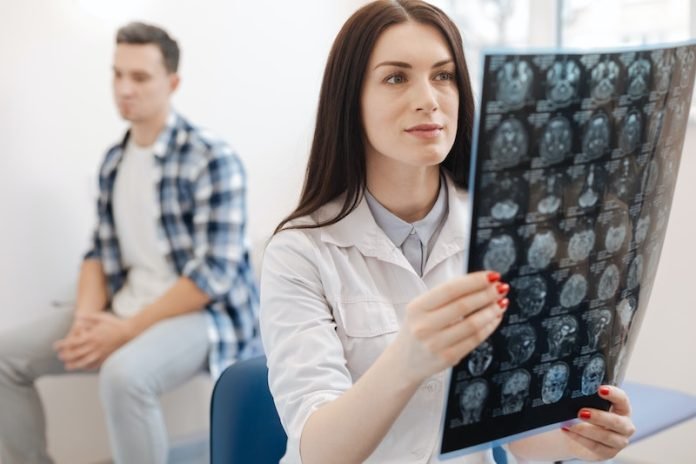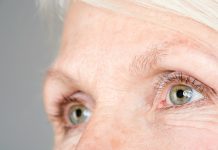
Strokes can be scary. They happen when blood stops flowing to a part of your brain, and brain cells begin to die. Different people recover from strokes in different ways.
Some recover a lot, while others don’t recover as much. A group of scientists led by Dr. Sook-Lei Liew at the Keck School of Medicine of USC wanted to understand why.
The Brain’s Age Matters
What these scientists discovered is pretty interesting. They found out that how young a person’s brain seems can affect how well they recover from a stroke.
And by “young,” we don’t mean how old a person is. Instead, we’re talking about “brain age,” which is a measure of how healthy the brain is.
The Research
The scientists’ study, which was published on April 4, 2023, looked at something called global brain health. This is a way to check the health of the entire brain, not just one part.
They did this by studying brain scans and using special computer programs to calculate brain age.
In the past, scientists have studied brain age in relation to diseases like Alzheimer’s, but this was the first time it was studied for stroke recovery.
Dr. Liew and her team believed that the health of the brain tissue left after a stroke might play a crucial role in a person’s recovery.
What is Brain Age?
Brain age is calculated by looking at different structures in the brain, such as its thickness, surface area, and volume.
If a person’s brain age is higher than their actual age, it suggests that their brain seems older than they are. This has been linked to other diseases like Alzheimer’s and depression.
In stroke research, most of the focus has been on the damage caused by the stroke. But Dr. Liew’s team wanted to know how the health of the remaining brain tissue could help with recovery.
They thought that brains that seemed younger might be less affected by stroke damage.
The Findings
The team used data from a group called ENIGMA Stroke Recovery, which is a team of experts from all over the world who study stroke recovery.
What they found out was that a younger brain age did seem to be linked to better stroke recovery.
This means that being able to measure brain age could help predict how well someone might recover from a stroke.
Future Work
This is all really exciting, but there’s still more work to do. The team wants to see if they can use regular MRI data, which is the type of brain scan often used in hospitals, to calculate brain age.
They believe that this could be a useful way to predict stroke recovery outcomes.
Dr. Liew also points out that taking care of our brains can help protect us from strokes in the first place.
Plus, if we do have a stroke, a healthier brain might lead to better recovery. And there’s lots of research happening right now on how to keep our brains young and healthy!
Finally, this work shows how important it is to share research data. By working together and sharing information, scientists like Dr. Liew can make discoveries that could help us all keep our brains healthier as we get older.
If you care about stroke, please read studies about a breakfast linked to better blood vessel health, and olive oil could help lower risks of heart disease and stroke.
For more information about health, please see recent studies about how Mediterranean diet could protect your brain health, and wild blueberries can benefit your heart and brain.
The study was published in Neurology.
Copyright © 2023 Knowridge Science Report. All rights reserved.



